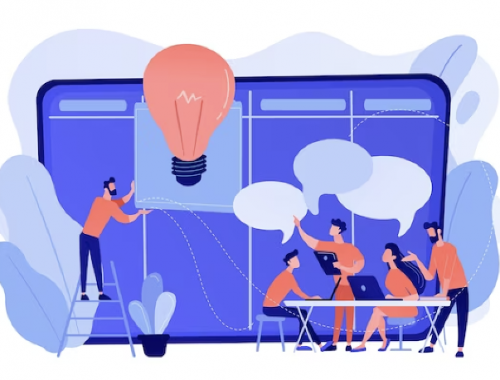Burn in my Light: One Bad Experience to Rule Them All
Pre-Reflective Reflection
As the semester draws to a close, the necessity to invest in critical reflection toward certain areas becomes increasingly paramount. With my degree having a focus in the studio environment of music and audio production, I had never sought opportunities within live audio, aside from being a performer, or considered it something that was in my wheelhouse. Since starting a placement opportunity with Production Services Ireland, however, my perspective has shifted and evolved into a more expansive pathway where music and sound is concerned – I have ascertained that to become a part of this machine, one must invest time and energy into learning all of its facets. Close mindedness and comfortability in your primary area of expertise in music is a weakness and will not get you a job.
From the first day in the warehouse to finally getting out and lending a hand towards events, it has all been challenging. Not being aware of particular equipment and building live set ups continues to throw me. I was fortunate in the first few months having lent a hand towards the in-house setups and then actually working those events but lately any event I have worked I have had no prior knowledge of and just attempt to work toward the best of my ability.

The process one goes through when revisiting memories is a cornerstone towards any variant of critical reflection and self-evaluation, hinged on the power of hindsight. In a degree program like this, we “learn how to learn” (Millar, 2010, p. 57) and with this, it is integral to reflect on formative experiences. With this, it only makes sense to deploy Boud (et.al)’s theory of reflective learning. Boud (et. al) eloquently states that we have the capacity to form a new “cognitive map” (1985, p.34) upon reflection. This analogy resonated with me in particular as it aided in founding a map for future work going forward. With this, I will reflect on a recent event I had the opportunity to partake in – the Belfast Sports Awards.
This event was one that substantially tested my resolve and compelled me to consider ending my involvement in live sound. By that point, I had considerably passed the 100-hour minimum requirement for AEL3001 and could have wrapped work-based learning up so it made sense that this would culminate in an important event.
Stage 1: Experience

As Boud (et.al) has outlined (Fig. 1), the experience is host to our behaviour, ideas and feelings that occurred at the time. Throughout the day, I felt out of my depth. Working with various PSI veterans proved overwhelming. I did not want to take any initiative out of fear of looking “wrong”. Attempting to learn from everyone simultaneously was also miles from where I felt comfortable. The culmination in this uncertainty was when I was tasked with operating a follow-spot light for during the awards ceremony, following the award recipient to the stage with a spotlight. I had not operated one before and it was admittedly something I was looking forward to so that I could prove myself. I was given a running order and a quick run through of how to operate the light, so I was starting to feel confident. Fast forwarding to the show itself is where things began to go wrong. For instance, one of the first recipients I had to track was at a different table than what was stated on the running order, so it was off to a bad start. Following this, there were instances where multiple attendees from the same table stood at the same time as the recipient so I would accidentally track the wrong individual before having to quickly correct myself. This, in particular, happened twice out of twenty-five recipients which is not detrimental, but I did not want to make any mistakes and I allowed my anxiousness to get the better of me in this instance.
Stage 2: Reflective Process
Upon revisiting this event, it is clear that embarrassment and anxiety are still in control. However, it is not helpful to dwell on these uncertainties and intrusive thoughts – that would stifle the reflective process. Instead, upon revisiting this experience it is surely more intuitive to take those feelings in my stride. The reflective process in this model centralises the practice of utilising positive feelings and removing negativity. Yes, I did not do my best when operating this light. However, I will not allow this one element of the event create an aura of fear towards work. The crew and I were on site for fourteen hours – the rest of the day, upon re-evaluation, went as well as it could be. I made myself readily available to assist the team as well as ask questions about certain areas of the show when the opportunities arose. So, all was not totally lost. Looking back on it, the fact that the follow-spot job did not go to plan, and how it manifested into a negative experience for me, only seemed dominant because it happened during the show and at the closing moments. Of course, I will fixate on an aspect of the event that happened the most recently.
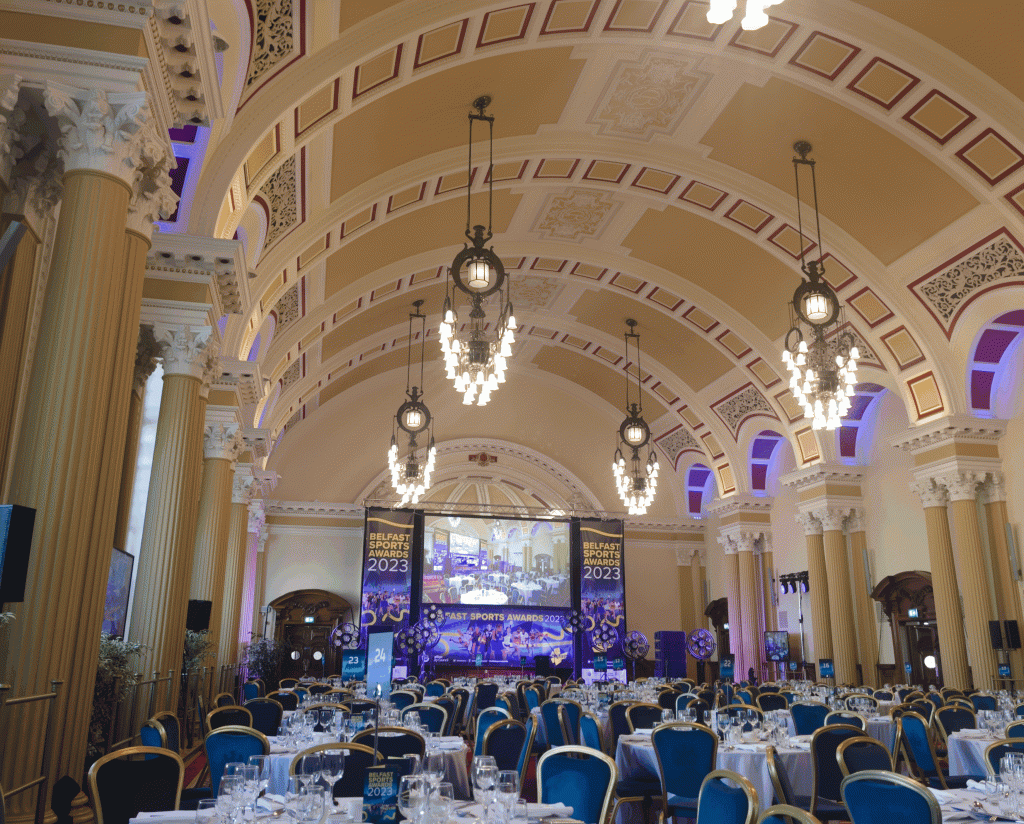
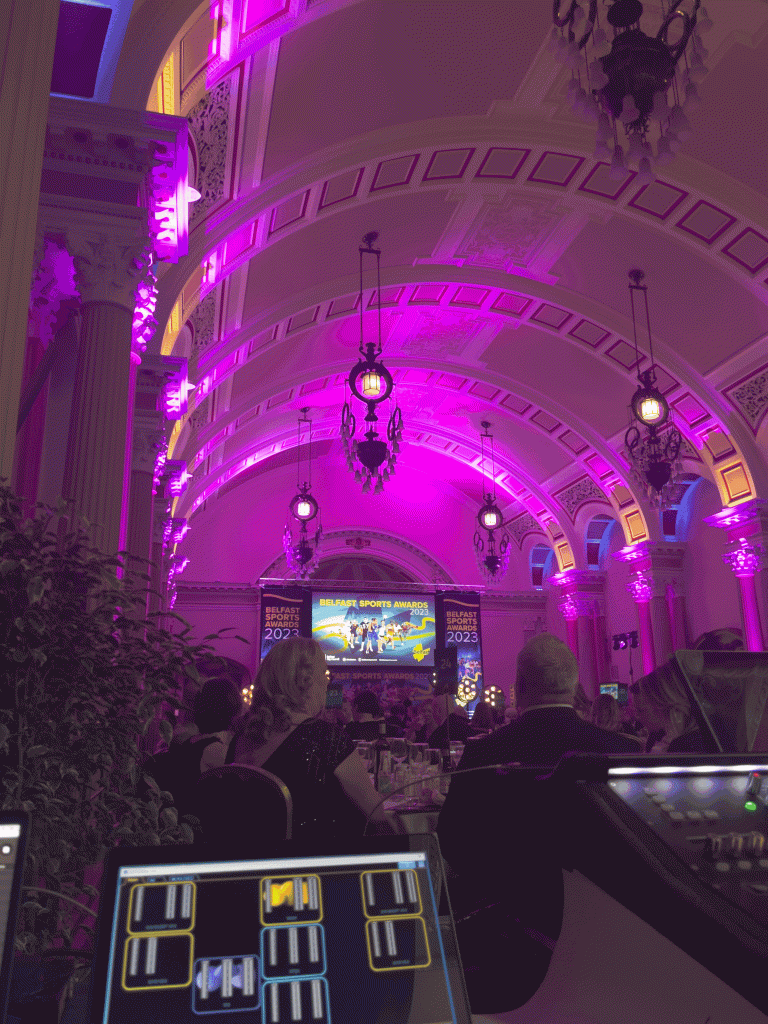
Stage 3: Outcomes
Taking on board the initial two stages, I do feel adequately prepared and a great deal more positive on the future. I had thought that writing about the event would not help, but taking the time to critically pinpoint the one major upset has helped me realise that, firstly, a lot more could have gone wrong. Second, it is a formative experience that has allowed me to gain a great deal more confidence in the working environment – even if it was an after the fact realisation. Chiefly, as Boud (et.al) illustrates, by this stage it is paramount to have a commitment to future action. My commitment? To build on this experience as a development in my character as a live technician. To strive to not make the same mistakes. To draw upon failure as a building block. Most importantly? To not let feelings of angst and embarrassment rule my working life and curb development in what could be a fruitful career.
References
Boud, D., Keogh, R. and Walker, D. (1985) Promoting Reflection in Learning: A Model. Reflection: Turning Reflection into Learning , London: Routledge .
Millar, M.W. (2009-2010) ‘The Future of Music Careers’, College Music Symposium , Vol. 49/50(), pp. 57.

The last hurrah!
You May Also Like
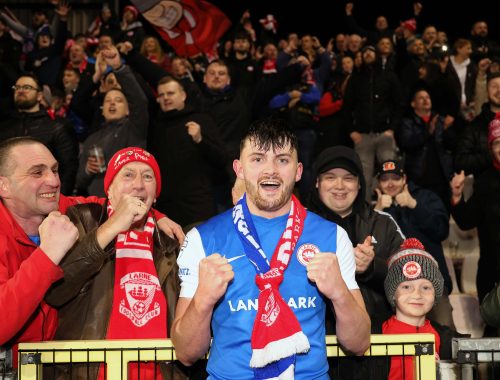
From Volunteer Videographer to Lead Graphic Designer: My Reflective Journey at Larne FC
18 April 2023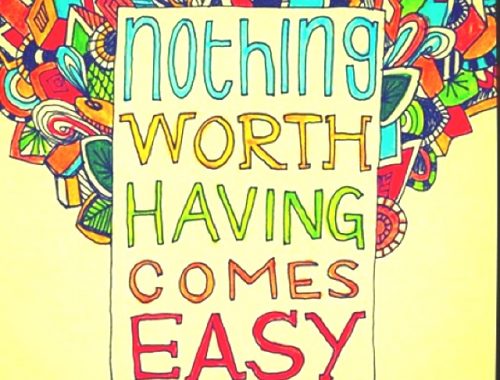
The Best Laid Plans of Mice and Men…
14 April 2023